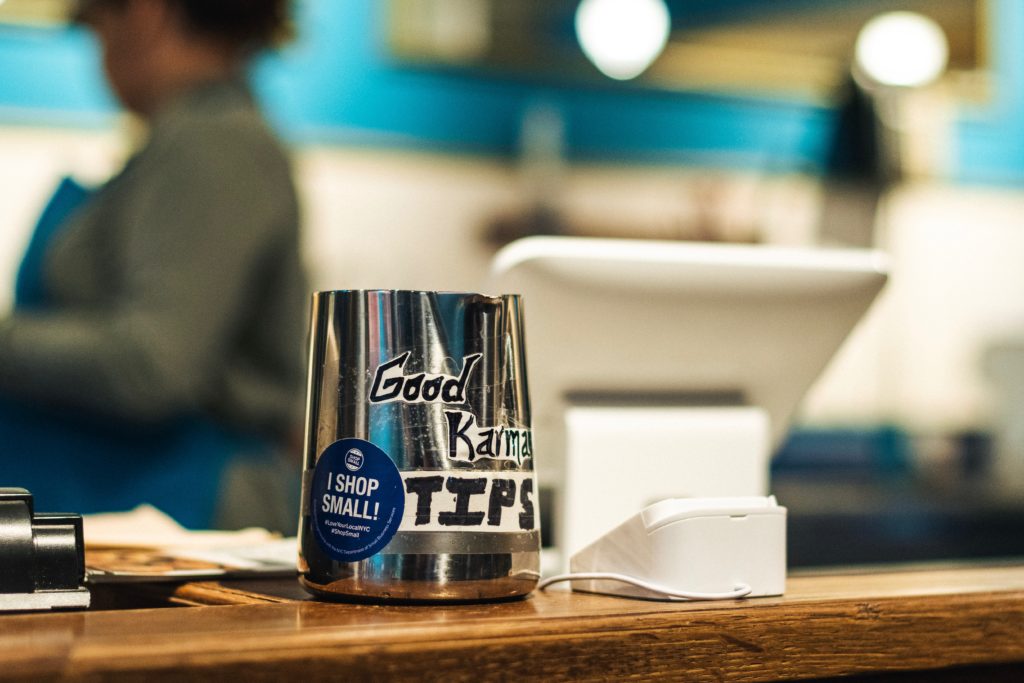Why ‘Buy Black’ Is Here To Stay: The Rise of Conscious Consumerism
When we launched Jamii in 2016, one of the pieces of ‘business advice’ we were given was to move out of the ‘buy black’ space as quickly as we could – to remove all references to black-owned businesses and package our offering as something more digestible, more ‘politically correct’, if we wanted to succeed.
We ignored it. Although there have been rising and falling tides when it comes to black power movements over the decades, we were adamant that there was a market for us, and that the need to find and support black-owned brands would endure throughout constantly changing trending topics.
And we believe we were right. In the past few years, socio-political movements like Black Lives Matter have heralded a new era for collective Black British identity. At the same time, we’ve seen black culture emerge proudly across mainstream British media with, thankfully, black faces spearheading the cause – but even beyond the most visible realms of music and entertainment, we’ve been actively searching for any and all other ways we can support the grind of our fellow Black Brits.

We believe there’s no better time for black-owned businesses than right now. The rise of conscious, material support for black entrepreneurs has grown in the past few years and has now stabilised to the point of being truly sustainable and habitual behaviour. While it’s true we’re operating in a time when #buyblackowned is very much a hot topic, let’s consider the fact that in 2017 it was even hotter. And yet, three years later platforms like Jamii are still answering the formidable demand for Black British brands.
It’s about what we need and what we want: we need Afro hair products that were made with our kinks and coils in mind; birthday cards that actually look like the people we’re giving them too; therapy with counsellors who understand black cultural nuances. And we want to see our money make a difference in the world. We’re reached 2020 and we’re tired of the same old inequality.
As we’re a platform connecting black-owned businesses with consumers, we’re privileged enough to see both sides of the coin: the fascination and joy of discovering something great (“and it’s black-owned!”), and the sheer spectrum of innovative businesses that exist, born of every talent, passion or necessity you can think of.

The movement to purposefully seek out black-owned offerings is undoubtedly part of a wider shift towards conscious buying amongst younger generations. More and more millennials are letting their principles guide their spending, giving up on larger organisations with dubious ethics. Even global banking corporations like American Express and Visa have noticed the tide turning in favour of supporting the local high street, and have started to rebrand accordingly.
While multipacks and convenience stores may always have some hold on us, young people are willing to pay more for sustainable, impactful products. This easily explains why supporting black-owned businesses is still a flourishing cause, despite in the past it being notoriously difficult to find a steady stream of them in one place. People of all backgrounds want an opportunity to support small and minority business owners who often play pivotal roles in their communities. In this way, they’re helping redress the balance away from multinational corporations whose global imprint has been catastrophic.
“One of my top 3 newsletters.”
Stay in the loop with our Weekly Round-Up of entrepreneur articles, tools and resources, straight to your inbox.
In this social climate, consumers are extremely engaged when it comes to inequality. Representation is non-negotiable, and if big brands fail to acknowledge that black consumers exist, then there are thousands of black-owned businesses able to cater to our needs.
In the last decade, we’ve seen trailblazing natural hair care brands emerge to provide for men and women not yet being addressed by mainstream names. Over the past few years, we’ve admired Black British designers feeding their cultural experience into art, clothing and home decor. But not only that: on Jamii alone you can find dozens of black-owned cosmetics, greetings cards, therapy services, and entrepreneur resources – all areas where black visibility is traditionally lacking.
Black-owned businesses have always existed and very often served the same culture-specific needs as their founders – haircare services, foodstuffs, household items and so on. These are the fundamentals that are sold by us, for us. But now that we’re consciously searching for these them, we’re opening a gateway to discover how black-owned alternatives exist in all aspects of life. You don’t have to imagine a world where black-owned coffee shops, athleisure brands or co-working spaces exist because they already do.
Buying black isn’t a radical, reactive act; it’s the way we preserve and celebrate Black Britishness. It’s common sense for the consumer who cares about sustainability, quality, authenticity and representation.
Get your Jamii card here